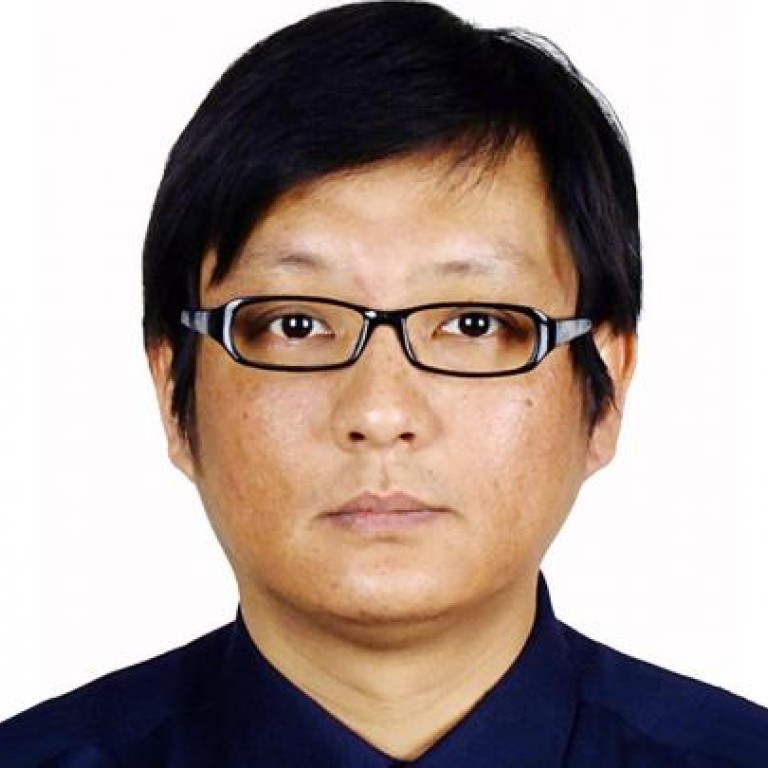
Migrant student policy a lesson in disappointment
Government mulls opening city schools to migrant children, but changes may fall short
Migrant workers who have been fighting for their children's right to attend high school and sit university entrance exams in Shanghai, instead of being forced to return to their hometowns, are eagerly awaiting possible policy changes.
Migrant workers from Shanghai and Beijing have been at the forefront of lobbying for changes to allow their children these privileges, even if the workers know that they are marginalised and find it difficult to exert influence on government policies.
Since early last year, dozens of parents in Shanghai have been gathering regularly at subway stations or markets to campaign for their children's rights. Their cause has been supported by intellectuals, and they have also joined hands with migrant-worker parents in Beijing who are demanding similar changes.
In early June, they staged a number of protests coinciding with the annual university entrance exam.
In March, Education Minister Yuan Guiren said a draft policy change relaxing controls on the location of university entrance exams could be released soon. It would to enable the children of migrant workers to sit the exam where they live, rather than where their household registration, or , is recorded.
Migrant children in Shanghai can receive nine years of free mandatory education, which covers primary and middle school. But if they want to go to high school and take the university entrance exam, they have to return to their hometowns because they do not have permanent residency in Shanghai. If they want to stay in the city, the only option is to attend technical school.
Although the policy in Shanghai is the same as in other cities, the problem is more prominent in Shanghai and Beijing because the two cities are home to many migrant workers.
And unlike the Pearl River Delta, where most migrant workers work in factories, live in dormitories and find it hard to bring their families along, many migrants in Beijing and Shanghai are itinerant workers who live in squalid conditions with their families. They have long dreamed of sending their children to university in the cities where they work.
There were more than nine million migrant workers living in Shanghai last year and, according to the city's education committee, about half of the 100,000 or so children registering for the first grade at Shanghai primary schools each year do not have .
Most of them will have to bid farewell to their parents when they finish middle school in their mid-teens.
Only a small portion - the children of "high-calibre talents" certified by the local authorities - are allowed to receive education at Shanghai high schools and take part in the university entrance exam held in the city.
Migrant-worker parents argue that Shanghai can afford to spare some educational resources for their children because the birth rate among city dwellers is decreasing.
This year, only 55,000 students with Shanghai sat the university entrance exam, down from 61,000 last year. In 2007, 110,000 students took part in the examination in Shanghai.
But protectionism remains the major obstacle. Xue Mingyang , director of the city's education committee, said recently that local high schools would continue to shut their doors to migrant workers' children.
He said Shanghai would probably announce the education policy changes by the end of the year. However, it appears only a small percentage will benefit from the new policy.
Shanghai officials will assess the parents' contributions to the city, such as tax payments and participation in the local pension system, before deciding whether their children can attend local high schools, according to Xue.
Local officials say they fear that relaxing the controls would result in a flood of migrant children coming to Shanghai. Many Shanghai natives also oppose reform of the system, fearing it would decrease their children's chances of enrolling in Shanghai universities.
No matter how loud the clamour for it, equal educational opportunity for migrant children is a distant dream.

